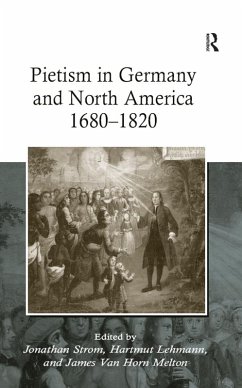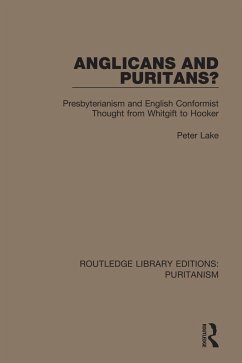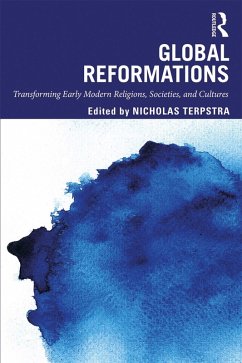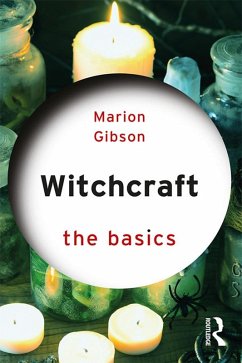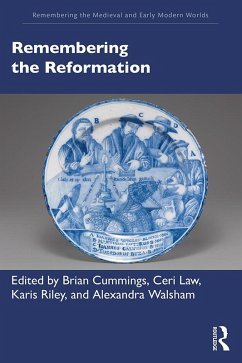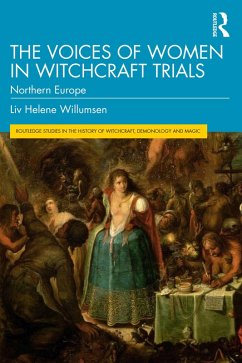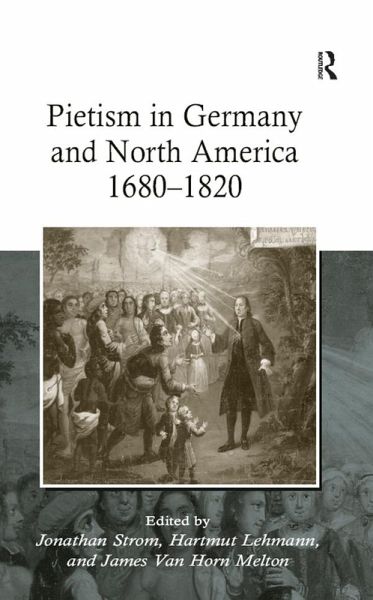
Pietism in Germany and North America 1680-1820 (eBook, ePUB)
Versandkostenfrei!
Sofort per Download lieferbar
48,95 €
inkl. MwSt.
Weitere Ausgaben:

PAYBACK Punkte
24 °P sammeln!
This collection explores different approaches to contextualizing and conceptualizing the history of Pietism, particularly Pietistic groups who migrated from central Europe to the British colonies in North America during the long eighteenth century. Emerging in German speaking lands during the seventeenth century, Pietism was closely related to Puritanism, sharing similar evangelical and heterogeneous characteristics. Dissatisfied with the established Lutheran and Reformed Churches, Pietists sought to revivify Christianity through godly living, biblical devotion, millennialism and the establish...
This collection explores different approaches to contextualizing and conceptualizing the history of Pietism, particularly Pietistic groups who migrated from central Europe to the British colonies in North America during the long eighteenth century. Emerging in German speaking lands during the seventeenth century, Pietism was closely related to Puritanism, sharing similar evangelical and heterogeneous characteristics. Dissatisfied with the established Lutheran and Reformed Churches, Pietists sought to revivify Christianity through godly living, biblical devotion, millennialism and the establishment of new forms of religious association. As Pietism represents a diverse set of impulses rather than a centrally organized movement, there were inevitably fundamental differences amongst Pietist groups, and these differences - and conflicts - were carried with those that emigrated to the New World. The importance of Pietism in shaping Protestant society and culture in Europe and North America has long been recognized, but as a topic of scholarly inquiry, it has until now received little interdisciplinary attention. Offering essays by leading scholars from a range of fields, this volume provides an interdisciplinary overview of the subject. Beginning with discussions about the definition of Pietism, the collection next looks at the social, political and cultural dimensions of Pietism in German-speaking Europe. This is then followed by a section investigating the attempts by German Pietists to establish new, religiously-based communities in North America. The collection concludes with discussions on new directions in Pietist research. Together these essays help situate Pietism in the broader Atlantic context, making an important contribution to understanding religious life in Europe and colonial North America during the eighteenth century.
Dieser Download kann aus rechtlichen Gründen nur mit Rechnungsadresse in A, B, BG, CY, CZ, D, DK, EW, E, FIN, F, GR, HR, H, IRL, I, LT, L, LR, M, NL, PL, P, R, S, SLO, SK ausgeliefert werden.




